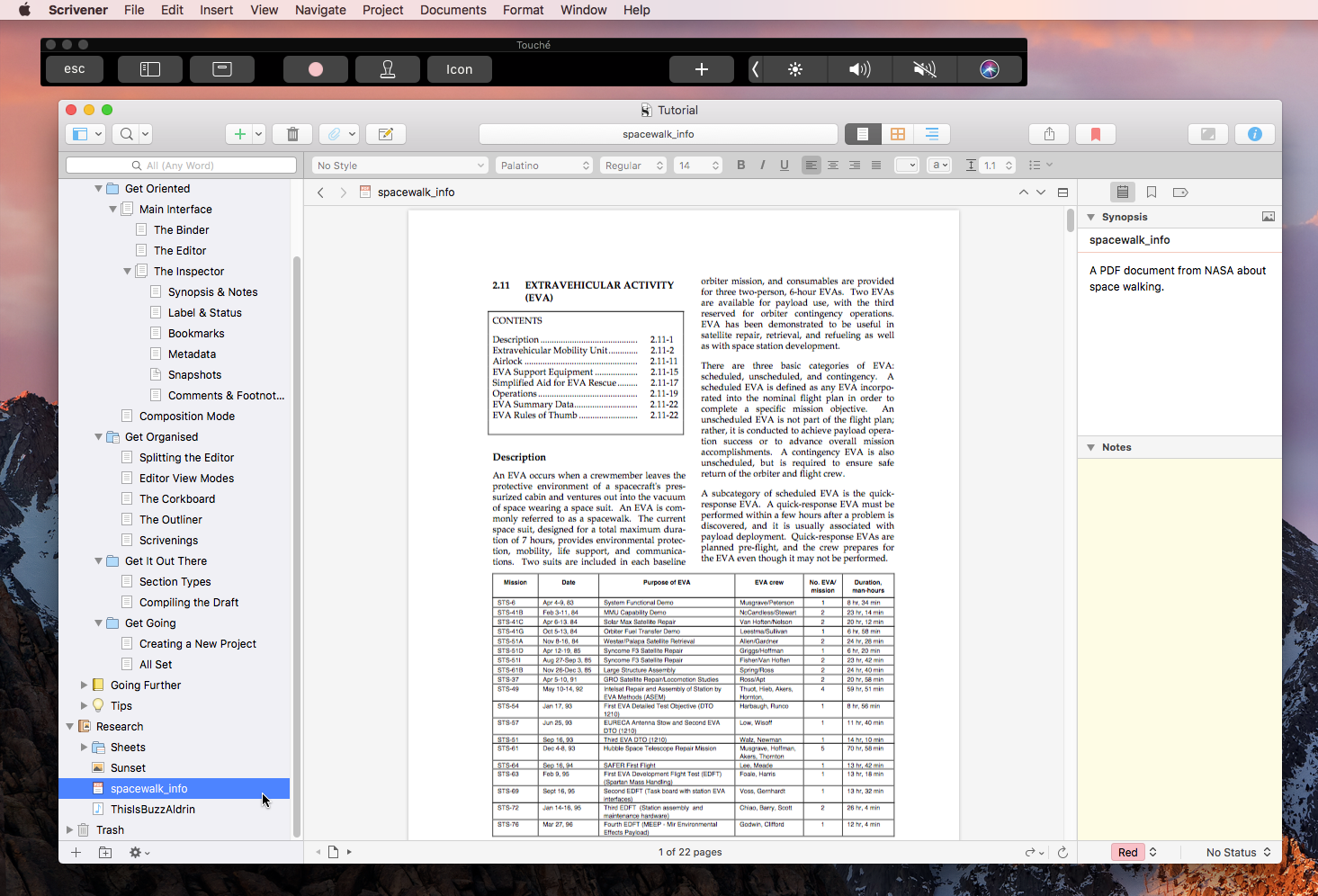
The difference in presentation is decisive, as a London stage play is socially more accessible, popular and therefore powerful than the private experience of reading a play. On the other hand, The Cenci as a published text to be read rather than performed in a public space was both legally permissible and fairly well received, as it was Shelley's only work going into a second edition in his lifetime. Shelley had tried to conform to the stage decorum by omitting entirely the word "incest" from the play, but the play was too transgressive for superficial prophylaxis. That is to say, the aesthetic object was also a symbolic speech-act that transgressed the contemporary norms current on the London stage. Nevertheless, the aesthetic object, The Cenci, could not be performed on the London stage because of the play's father-daughter incest. Beatrice's statement is conditioned by dramatic conventions that distance its immediate reference to contemporary politics the action of the play, The Cenci, takes place in 15th-century Italy, not 19th-century England. I point to this well known instance of self-quotation to illustrate the main idea of my paper: it is the rule, rather than the exception, perhaps especially during the English Romantic literary period, that transgressive discourse, whether of treason, sedition, or blasphemy, has unstable boundaries so that the very same words appear in different contexts and registers for different effects. 1 For Beatrice the "something" turns out to be patricide, which in the terms established by the play is seditious, treasonous, and blasphemous. What yet I know not" ( Cenci III.i.87-88 Letters of Shelley 2:167). Percy Shelley, upon first hearing about the Peterloo Massacre, wrote back to Charles Ollier using the words Shelley had made Beatrice Cenci say after she had been raped by her father: "Something must be done. Romanticism and the Law The Discourse of Treason, Sedition, and Blasphemy in British Political Trials, 1794-1820 Michael Scrivener, Wayne State University

The 'Honourable Characteristic of Poetry': Two Hundred Years of Lyrical Ballads.Re-reading Box Hill: Reading the Practice of Reading Everyday Life.The Containment and Re-deployment of English India.Reading Shelley's Interventionist Poetry, 1819-1820.Finding Romantic Commonplaces: A Dialogue with Jerome Christensen."Waiting for the Gift: Velvet Goldmine and the Bowie-Image".Romanticism and Contemporary Poetry and Poetics."‘I Can't Give Everything Away': David Bowie and Post-Romantic Artistic Identity".'Ode on a Grecian Urn': Hypercanonicity and Pedagogy."What We Talk About When We Talk About Bowie: David Bowie and Enlightenment Philosophies of Identity"."'Will you stay': 'Kooks,' Hunky Dory, and Romantic Childhood"."'I Am' a 'Space Oddity': Echolocating (New) Romanticism in David Bowie".Romanticism and the Insistence of the Aesthetic.Introduction: David Bowies and Romanticism's Wild Mutations.Gothic Technologies: Visuality in the Romantic Era.Romanticism and Patriotism: Nation, Empire, Bodies, Rhetoric.Geoffrey Hartman and Harold Bloom: Two Interviews.Sullen Fires Across the Atlantic: Essays in Transatlantic Romanticism.“Soundings of Things Done”: The Poetry and Poetics of Sound in the Romantic Ear and Era.Secularism, Cosmopolitanism, and Romanticism.Circulations: Romanticism and the Black Atlantic.Robert Bloomfield: The Inestimable Blessing of Letters.Romanticism, Forgery, and the Credit Crunch.Stanley Cavell and the Event of Romanticism.Tragedy, Translation, and Theory: In Honor of Thomas J.The Politics of Shelley: History, Theory, Form.Percy Shelley and the Delimitation of the Gothic.


The Sundry Faces of Nineteenth-Century Anglo-Jewish Literature.Temple, "The Angry Owner: Samuel Richardson, Modern Authorship and the Ancient Romance".Scrivener, "The Discourse of Treason, Sedition, and Blasphemy in British Political Trials, 1794-1820".Eilenberg, "Copyright's Rhetoric and the Problem of Analogy in the British Eighteenth-Century Debates".Russett, "Like "Wedding Gowns or Money from the Mint": Clare's Borrowed Inheritance".Macovski, "Introduction: Juridical Texts and Transgressive Containment".


 0 kommentar(er)
0 kommentar(er)
